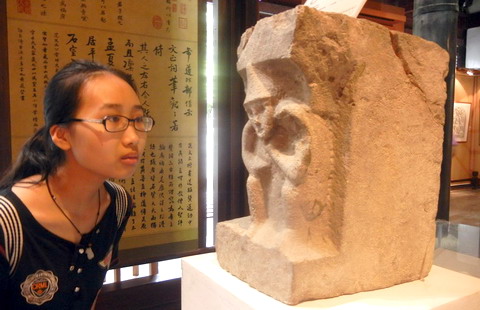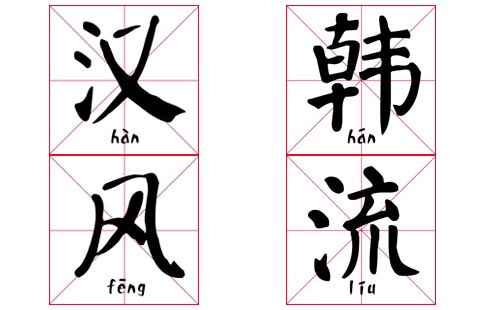Hostile books fill shelves in Japan
( Xinhua ) Updated: 2014-08-20 14:00:01With hawkish Prime Minister Shinzo Abe and his Liberal Democratic Party coming to office in December 2012, the popularity of books slamming China and South Korea soared.
In 2013, according to an accredited best-selling book list in Japan, three kenchu-zokan publications on the list were among the top 10 best sellers.
Books with inflammatory titles such as An Introduction to China: A Study of Our Bothersome Neighbors and The Hate Korea Wave are among many publications that have been flying off the shelves at book-stores recently, with the stores themselves and publishers keen to cash in on the trend.
At perhaps one of Japan's most popular and easily recognized chain of national bookstores, the manager says it would be bad business to not sell such books. And while recognizing the potential that the books spread notions of xenophobia, he says the customers have the right to choose.
"Our business has already taken a major hit because of the rise of online books, so if a customer chooses to read literature of a controversial nature, it's entirely up to them," says a store manager in Tokyo's Shibuya shopping district, requesting his name be withheld.
Along with brisk sales at stores, the publishers seem happy. Sankei Shimbun Shuppan Co, for example, published the popular Bokanron or the "Theory of stupid Korea", and says that sales far exceeded their expectations.
According to official distributor Tohan Corp, no kenchu-zokan-related books were in the top 10 list in 2012, evidence that the phenomenon is a new one.
Local media reports also show that major publishers of weekly and monthly magazines here are also cashing in on the boom. The publication, Shukan Gendai, for instance, had China and South Korea featured in 28 out of 46 editions, where almost all of the articles contained derogatory and highly critical remarks about the two nations.
According to Naoto Higuchi, author of Japanese-Style Xenophobia, a factor in the popularity of these books is the "persistent lack of stability in Japan's relations with its East Asian neighbors, which can be attributed to the Japanese government's ongoing failure to clarify Japan's responsibility for its past colonization and belligerence".
|
|
|
|
|
|
|
|







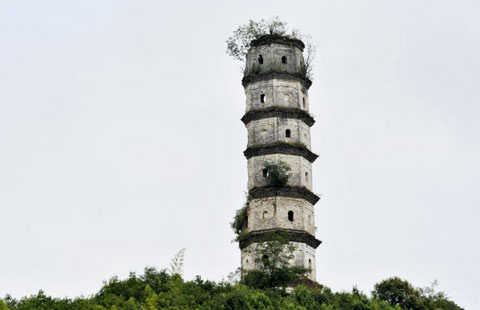


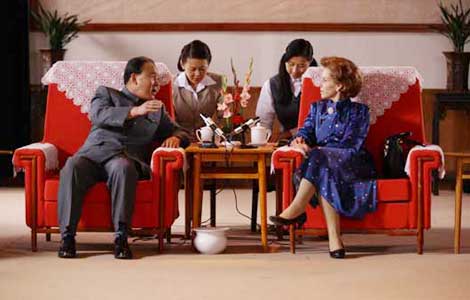










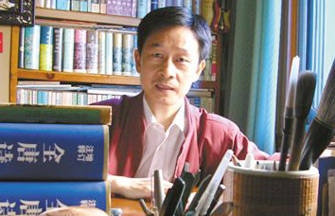


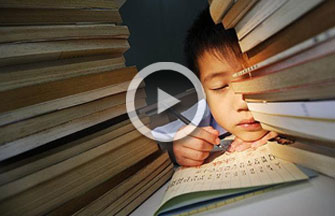
 Raymond Zhou:
Raymond Zhou: Pauline D Loh:
Pauline D Loh: Hot Pot
Hot Pot Eco China
Eco China China Dream
China Dream China Face
China Face
